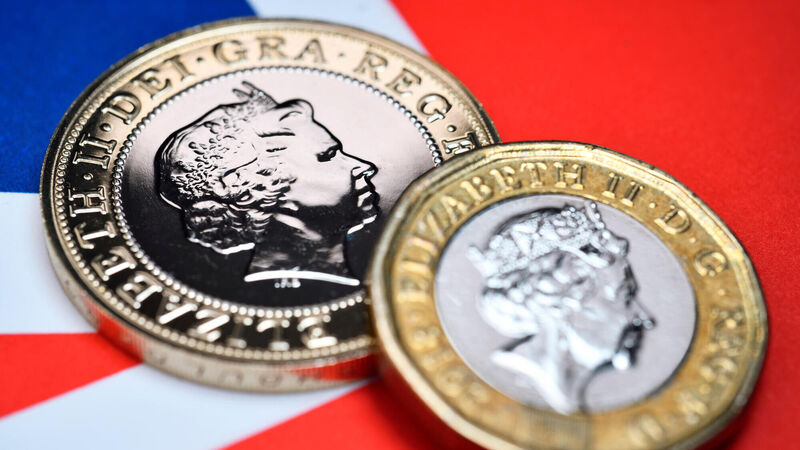UK's 'economic credibility now being questioned' after sterling's fall

Conall Mac Coille: UK spending will worryingly not be accompanied by new forecasts from the Office for Budget Responsibility
The sharp fall in sterling against the dollar and the euro has put the credibility of the new government led by Liz Truss under the spotlight and the Bank of England may respond by pushing British interest rates sharply higher to get to grips with inflation, the chief economist at broker Davy has said.
Conall Mac Coille said in a research note that sterling remains under pressure as the new chancellor of the exchequer Kwasi Kwarteng prepares to provide more details on Friday of the mooted large increase in spending.











